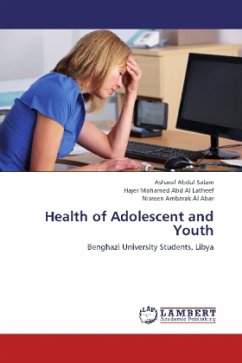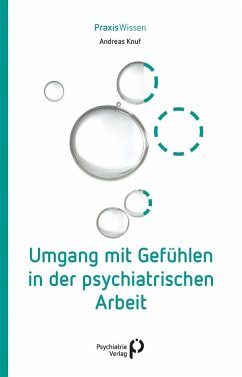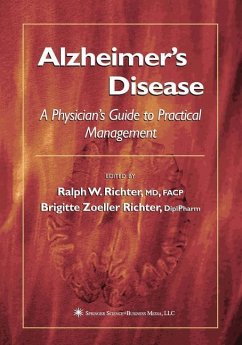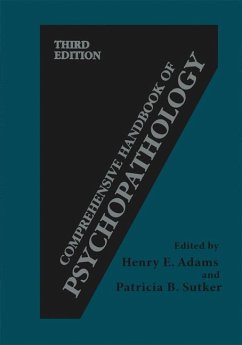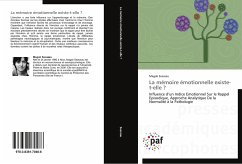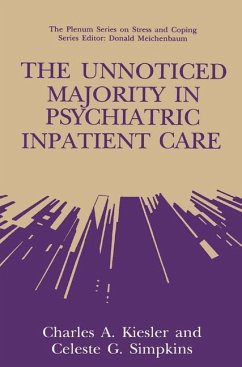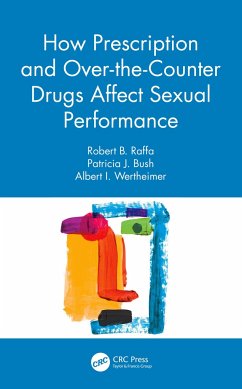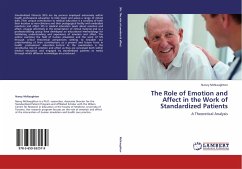
The Role of Emotion and Affect in the Work of Standardized Patients
A Theoretical Analysis
Versandkostenfrei!
Versandfertig in 6-10 Tagen
52,99 €
inkl. MwSt.

PAYBACK Punkte
26 °P sammeln!
Standardized Patients (SPs) are lay persons employed extensively within health professional education to help teach and assess a range of clinical skills. Their unique contribution to medical education is a corollary of both their location as non-clinicians and their pedagogical facility with embodied emotions and affect. SPs in medical education teach about emotion and affect, engage affectively in the presentation of clinical material and as a professionalizing group have developed an educational methodology for facilitating understanding and experience of emotion and affect. The author exam...
Standardized Patients (SPs) are lay persons employed extensively within health professional education to help teach and assess a range of clinical skills. Their unique contribution to medical education is a corollary of both their location as non-clinicians and their pedagogical facility with embodied emotions and affect. SPs in medical education teach about emotion and affect, engage affectively in the presentation of clinical material and as a professionalizing group have developed an educational methodology for facilitating understanding and experience of emotion and affect. The author examines the field of human simulation and the work of SPs through critical theoretical perspectives seeking to broaden our understanding of their contributions as a present and future force in health professional education. Central to the examination is the constitutive role of emotion and affect as they are conceived both within medical education and engaged by standardized patients as media through which different knowledges are produced.





